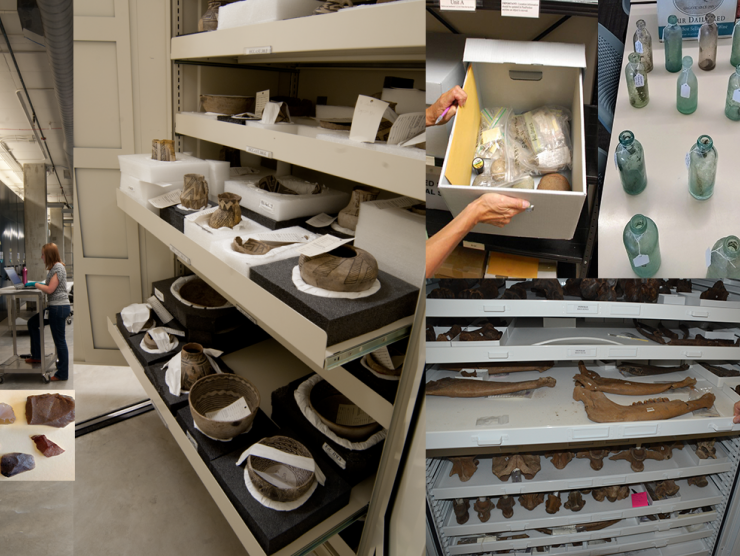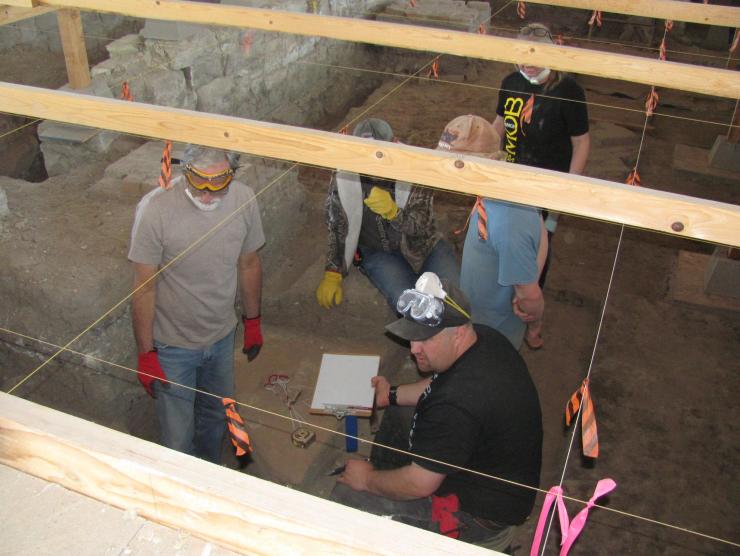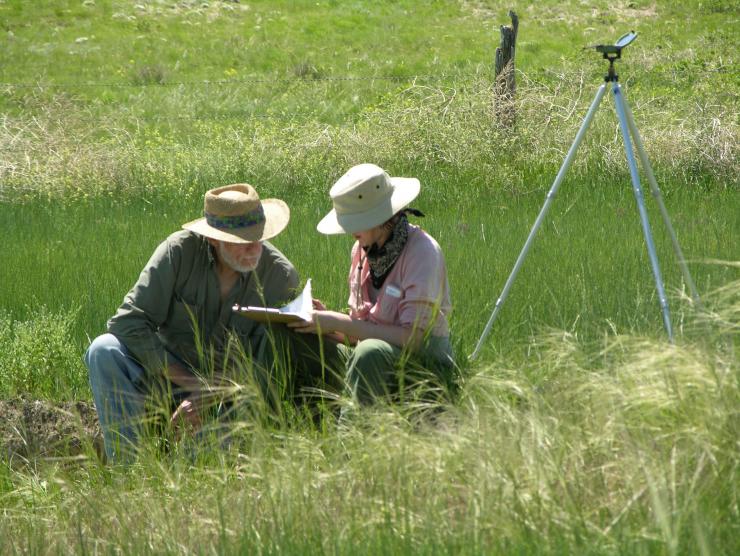Contact Us
Office of the State Archaeologist
303-866-3392
hc_oahp@state.co.us
Dr. Holly K. Norton, Ph.D.
State Archaeologist, Director of the Office of Archaeology & Historic Preservation, Deputy State History Preservation Officer
303-866-2736
holly.norton@state.co.us
Dr. Sarah A. Allaun, Ph.D., RPA
Assistant State Archaeologist
303-866-5746
sarah.allaun@state.co.us
Colton H. Snyder
State Curation Coordinator, Staff Resource Specialist - Paleontology
303-866-4607
colton.snyder@state.co.us
Shawn Fausett
Emery Archaeology Laboratory Coordinator
303-866-4196
shawn.fausett@state.co.us
Liz Cook
Staff Resource Specialist - Education & Programming
303-866-2201
liz.cook@state.co.us



